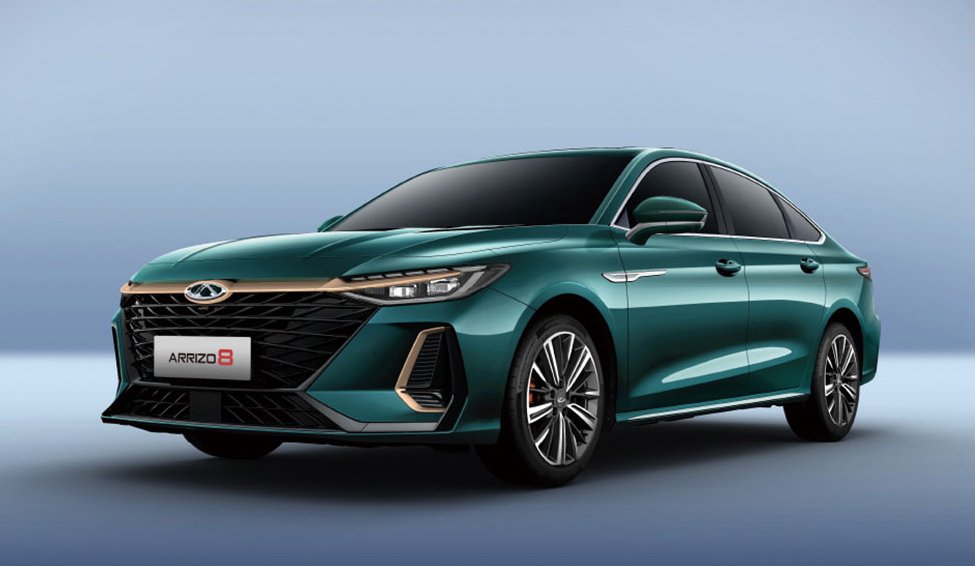Key Takeaways
- Modern vehicles integrate advanced technologies to boost safety, convenience, and efficiency at affordable prices.
- Innovations like self-driving and biometric systems are becoming standard across more affordable models.
- Economic challenges and increased loan rates drive automakers to prioritize cost-effective vehicle options.
Table of Contents
- Introduction
- Self-Driving Technology
- Biometric Car Keys
- AI-Powered Predictive Maintenance
- Adaptive Technologies
- Electric Vehicle Advancements
- Affordable Vehicle Trends
- Final Thoughts
Introduction
The modern automotive landscape is undergoing a transformative period, during which technological advancements make high-end features more accessible and affordable to the average consumer. Today’s drivers expect both innovation and value, and manufacturers deliver on those expectations with various innovative features designed to enhance safety, convenience, and sustainability. These developments aren’t just found in luxury vehicles; they’re also increasingly available in mainstream models. Those seeking new automotive options that blend cutting-edge technology with affordability can learn more about the latest models and innovations available today.
Vehicle technology is evolving rapidly, from self-driving functionalities to AI-powered diagnostics. Automakers are responding to economic uncertainty and the need for more budget-friendly solutions, introducing cars with robust safety features, seamless digital integration, and lower upkeep costs without inflating the price tag. These trends ensure drivers can benefit from advanced tech without breaking the bank.
Self-Driving Technology
Once seen as the stuff of science fiction, self-driving technology is now within reach for everyday consumers. Companies like Waymo are pioneering autonomous ride-hailing in select cities, utilizing powerful AI and sensors to navigate complex driving environments safely. Automakers like Ford and Tesla are also refining semi-autonomous systems like BlueCruise and Autopilot, allowing more drivers to experience features like lane centering, adaptive cruise control, and automated highway driving as these systems become more mainstream, prices drop, allowing consumers to experience state-of-the-art safety and convenience without investing in a luxury car.
Industry leaders continue to make breakthroughs that shape the future of transportation, with experts predicting broader adoption as regulatory frameworks evolve and public trust in the technology increases.
Biometric Car Keys
The shift to biometric authentication is revolutionizing vehicle access and security. Traditional keys are rapidly being replaced with advanced systems that use fingerprints or facial recognition to unlock and start vehicles. Models like the Hyundai Genesis GV60 allow drivers to use their unique biological markers for a seamless, secure entry. This cuts down the risk of car theft and enables instant personalization — from seat positions to entertainment preferences.
AI-Powered Predictive Maintenance
Unexpected repairs are among the costliest aspects of car ownership. Fortunately, predictive maintenance powered by artificial intelligence is helping address this challenge. Services like GM’s OnStar use advanced data analytics to monitor real-time vehicle performance. These AI systems evaluate sensor data to predict and alert drivers about potential issues — such as declining battery health, tire wear, or engine anomalies — before they become major problems, saving time and significant repair costs.
As these solutions become more widespread, the days of routine, reactive car maintenance may be numbered, leading to lower total ownership costs and greater peace of mind for drivers.
Adaptive Technologies
Adaptive technologies are delivering a safer, more user-friendly driving experience. Featuring innovations such as Subaru’s EyeSight, which uses dual cameras to scan roads and identify hazards, modern vehicles can autonomously adjust speed, maintain safe distances, or apply emergency brakes. Voice-activated AI assistants — like Kia’s SoundHound — have also become common, enabling hands-free controls for navigation, entertainment, climate, and more. These integrations help minimize distractions and improve driver focus, making even budget vehicles feel sophisticated.
Electric Vehicle Advancements
Electric vehicles have experienced unprecedented growth, driven by battery tech, range, and charging infrastructure improvements. New models such as the 2026 Kia EV4 allow drivers to select battery capacities tailored to their driving habits and budget, making EV adoption more practical and affordable. Fast-charging capabilities have reduced charging times considerably, while expanded public charger networks lower the barrier to entry for first-time EV buyers. As the EV sector evolves, incentives and cost reductions continue to fuel widespread adoption, putting cleaner transportation within reach for more consumers.
Affordable Vehicle Trends
The market’s response to economic pressure has led to a surge of interest in budget-friendly vehicles. Manufacturers are introducing models and trims to keep base prices low while offering many advanced features. The Chevrolet Trax, for instance, has emerged as a leader in this segment, providing a well-equipped subcompact crossover for under $25,000. Today’s consumers are more value-conscious than ever, and automakers are investing in materials, manufacturing efficiencies, and technological scalability to deliver vehicles that meet these needs without compromising quality or user experience.
In sum, advancements across the automotive sector redefine what’s possible at every price point. The result is a more accessible and inclusive market, where everyday drivers benefit from technologies once reserved for premium vehicles. The ongoing focus on affordability and innovation promises an exciting automotive future where inspiration, safety, and value are there for all.
Final Thoughts
Today’s vehicles prove that innovation doesn’t have to come with a high price tag. From advanced safety systems to intuitive infotainment and improved fuel efficiency, modern cars offer features that were once reserved for luxury models. These affordable advancements enhance comfort, performance, and overall driving experience for a broader range of consumers. As technology evolves, drivers can expect even greater value and more innovative design, making cutting-edge transportation more accessible and practical for everyday use.
